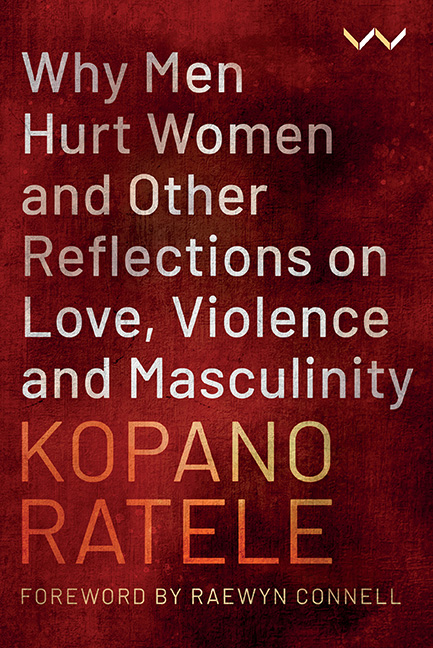30 - ‘Dad, look at me’
Published online by Cambridge University Press: 24 November 2023
Summary
‘Dad, look at me,’ he says. Or, simply, ‘Dad, look’. An injunction. But also a petition. He is about to jump. Or to do something else with his body.
Human beings, I now apprehend better than ever before, because of this being who hails me as ‘Dad’, need to be looked at in a certain way. Being looked at offers a way of looking at ourselves. Without the other to look at us, we travel blind. We need to be looked at, as we do not actually know how we look to others. Looking is a form of building the other’s self. Love is to be found in a look.
It is also true, though, that looking can be used to crush the self. Hatred, anger, disappointment, disgust can be communicated with a look. It is not only joy, camaraderie, recognition, happiness, pleasure, contentment and care that are found in the way we look and are looked at.
I know that in order to experience positive affect in interactions with others, a person needs to be spoken to in a particular way and not in other ways, held in a specific way and not other ways, or, of course, looked at in a certain way. I know it not as a thought somewhere in my head, but as something that every human being needs – not as immediately as one would need water after a day without drinking, but as much more than ‘mere’ pleasure. Other people have an influence on our emotions and, cumulatively, on what we become.
Even though feminism teaches us we have to resist the male gaze, it is common knowledge that we dress up for others, whatever gender we are. We instinctually crave the father’s gaze as much as the mother’s gaze. We apply make-up and put on earrings and our beautiful shoes and check ourselves in the mirror so as to look a certain way for an imagined audience. Those of us who grew up under colonialism and legalised white racism wear certain clothes, and on Sundays put on our best clothes, because, somewhere deep inside us – the white oppressor’s stereotyping gaze not-withstanding – what we wear makes us feel good, since others look at us with envy or a sense of wanting what we are wearing.
- Type
- Chapter
- Information
- Publisher: Wits University PressPrint publication year: 2022



